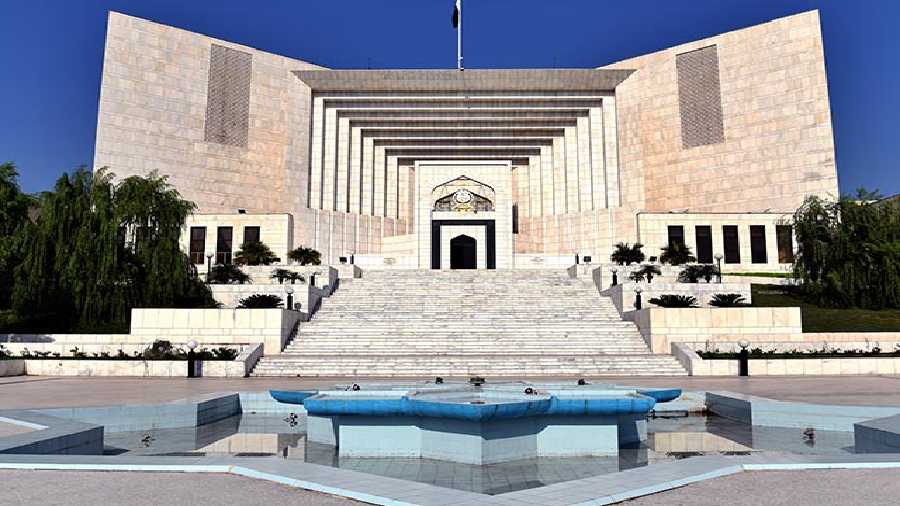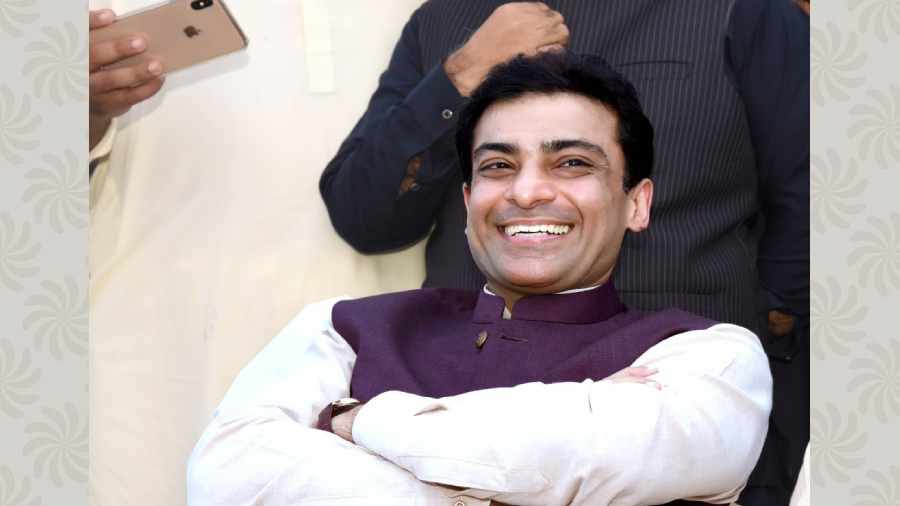Expressing reservations over the serious nature of offences relating to religion , Pakistan's Supreme Court on Thursday asked the state functionaries to exercise "utmost care" while dealing with blasphemy cases as such matters receive wide publicity which has an adverse effect and "may also jeopardise a fair trial".
The apex court also observed that even in Islamic jurisprudence the guilty cannot be executed by one who is not so authorised, the Express Tribune newspaper reported.
Under Pakistan's law, death is the only punishment prescribed for blasphemy convicts. Critics have long called for reforming Pakistan's bloodthirsty blasphemy law, saying it is often abused by influential members of society and extremists to intimidate religious minorities and pressure opponents into settling personal feuds.
The Supreme Court judgment also took note of how many times "false allegations are levelled to settle personal scores and cases are also registered for mischievous purposes or on account of ulterior motives".
A division bench of the apex court comprising Justice Qazi Faez Isa and Justice Syed Mansoor Ali Shah passed the judgment while hearing the case of a post-arrest bail request of a Christian sanitary worker imprisoned since last year, the report said.
Salamat Mansha Masih, who is employed as a sweeper with the Lahore Waste Management Company (LWMC), had been accused of committing blasphemy.
Unfortunately, such cases receive wide publicity which has an adverse effect and may also jeopardise a fair trial, Justice Qazi Faez Isa said.
Irresponsible and sensational broadcasts and publications repeat what allegedly the accused had said or done; those repeating this may themselves be committing the same offense, said the judgment, expressing reservations over the serious nature of offences relating to religion .
A section 295-C offence prescribes only punishment by death and therefore, utmost care must be exercised by all concerned that no injustice in the administration of justice takes place , the court observed.
Justice Isa also stressed that righteous zeal, moral outrage, and/or indignation may also steer the prosecution to by-pass the general standard of proof and therefore, urged the state to proceed with meticulosity and diligently investigate the alleged crime in such matters.
The court also said that abiding by Islamic jurisprudential principles, applying the constitutionally guaranteed right to fair trial and due process, and acting prudently to ensure that an innocent is not convicted wrongly in respect of offenses relating to religion, when there is only the improbable oral testimony of witnesses, then there must be corroboration .
Blasphemy is a highly sensitive issue in Muslim-majority Pakistan where suspects are often attacked and sometimes lynched by mobs.
Last month, a Hindu sanitation worker, who escaped lynching by a mob of Islamic extremists in Pakistan's Sindh province, has been arrested over alleged blasphemy following a personal clash with a local resident.
In December last year, a Sri Lankan factory manager was beaten to death and set ablaze by a mob in Pakistan over blasphemy allegations. The attack caused widespread outrage, with then prime minister Imran Khan calling it a day of shame for Pakistan.












